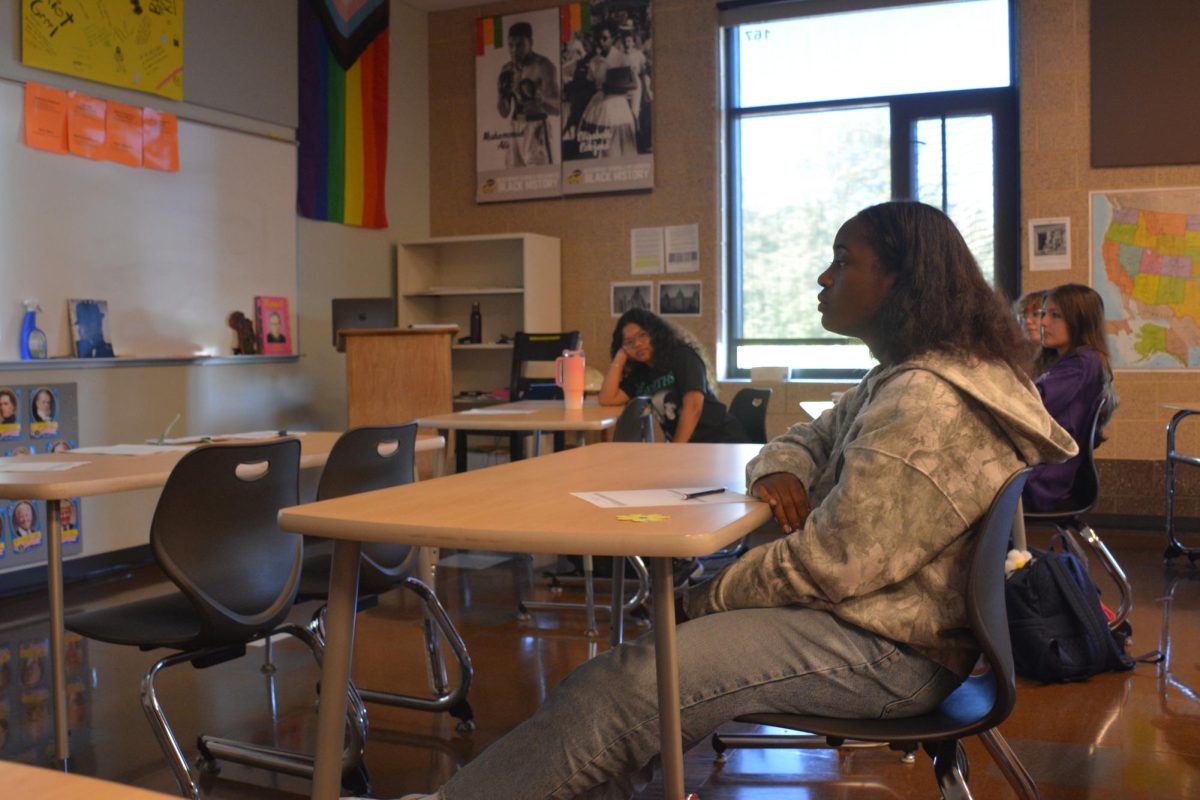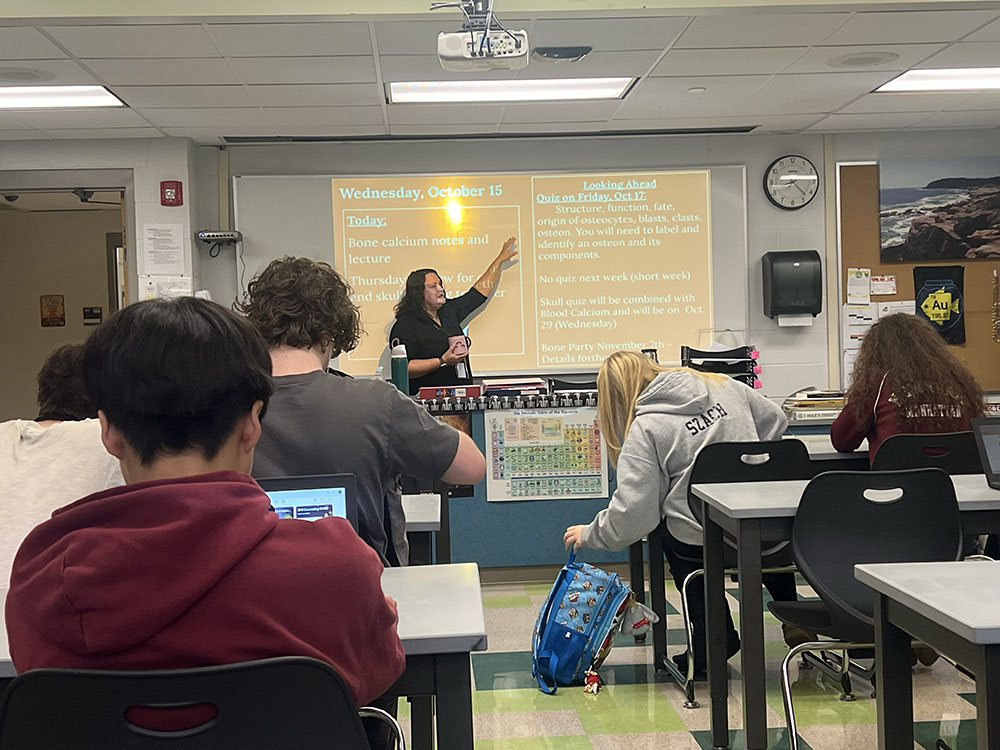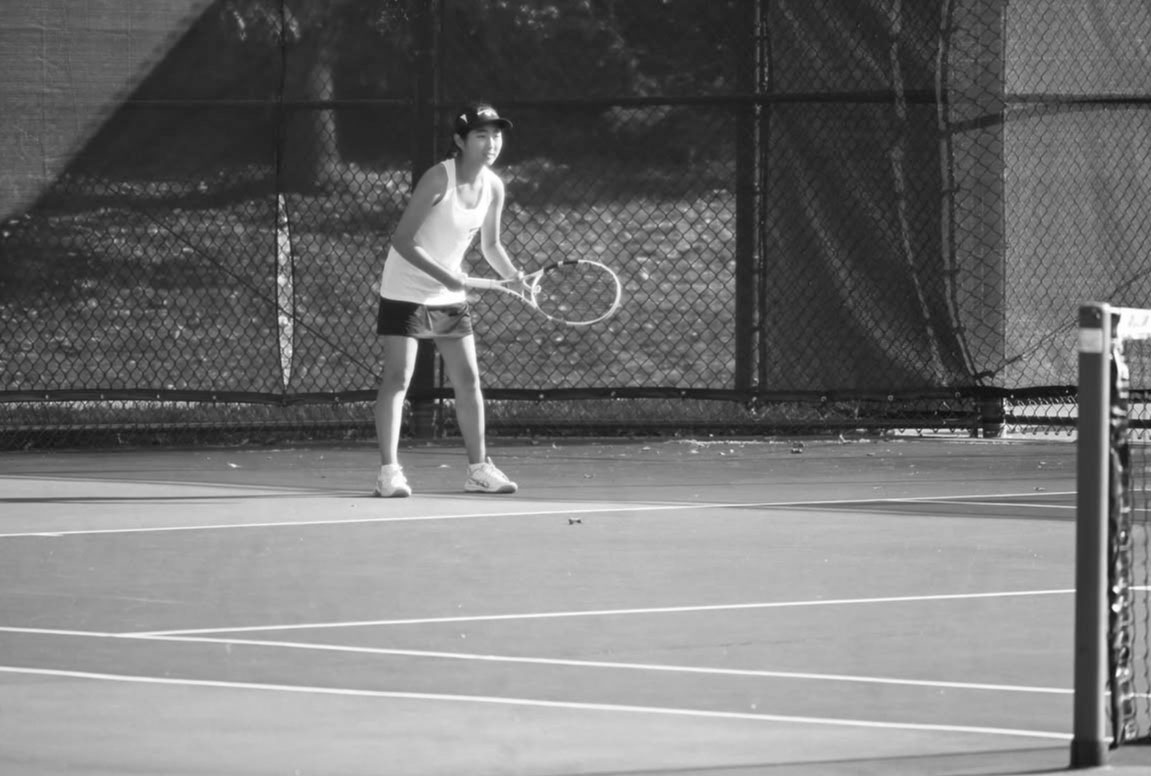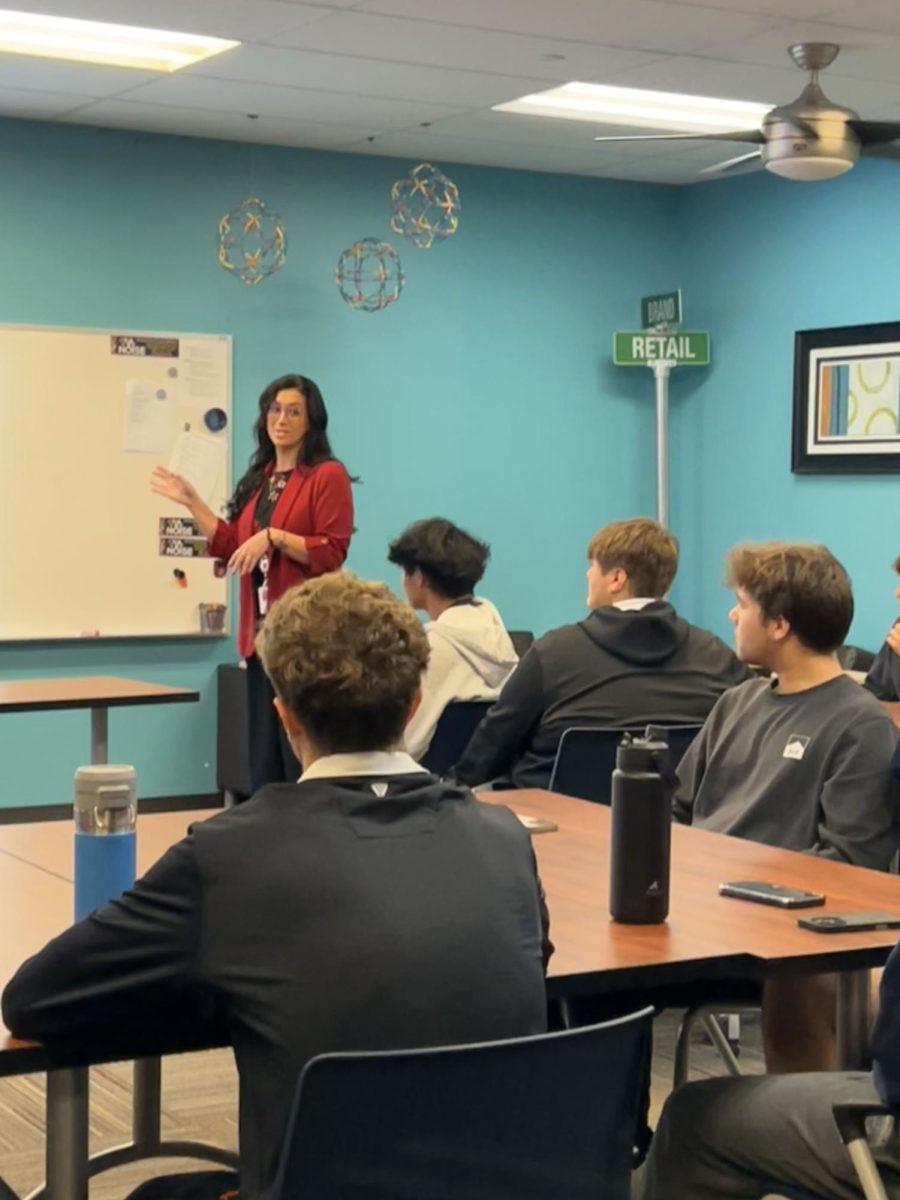A controversy erupted at the Sept. 22 home football game against Brooklyn over the use of the term ‘Nazi’ as a play call, which Beachwood players, coaches and administrators found offensive.
Linebacker Jonathan Klein said he heard the call being used and told his coach.
“At first we were surprised and not sure what to do,” he said. “I went to our coach and told him what they were saying and he addressed it.”
Scott Fischer, Head Coach of Beachwood, which has historically had a large Jewish population, informed Director of Athletics Ryan Peters.
Klein added that he felt a mix of emotions when he heard it.
“I was offended but more angry because the game was already heated,” he said.
Peters explained what happened after Fischer learned of the incident.
“Coach Fischer called me over and he told me the Brooklyn team [was] calling a play called Nazi,” Peters said. “The officials were not hearing it at the time, so when halftime came around, we met with the Brooklyn athletic director, their head coach and the officials.”
“I asked the head coach ‘Are you using a play called Nazi?’ And he quickly admitted yes, and my response was, It’s not okay,” he said. “That terminology cannot be used here. It will stop immediately.”
Brooklyn Coach Tim McFarland agreed to stop and changed the name of the play.
Beachwood City Schools Superintendent Dr. Bob Hardis sent a statement about the incident to Beachwood families on Sep 23. and indicated that the ‘Nazi’ play call was not the only cause for concern. It had been reported that a racial slur had been used on the Brooklyn side.
“Antisemitic and racist speech are unacceptable in any setting,” Hardis wrote. “They are counter to the norms and expectations we teach our students. They violate the rules of sportsmanship agreed to by every Chagrin Valley Conference school district.”
Brooklyn City School District Superintendent Dr. Ted Caleris was not aware of the call being used prior to the game on Sep. 22. In an email to the Beachcomber, he apologized for the events that occurred.
“I could not be more apologetic to the Beachwood school community for what occurred during the game,” he wrote. “We are hoping to grow from this incident through education, self-reflection and collaboration with different organizations that specialize in diversity training.”
Caleris made it clear that this incident does not represent the values of Brooklyn City Schools.
As this incident was shocking to many, it reached national attention. Widely known news outlets such as, The New York Times, AP News, Sports Illustrated, Fox News and many others. The incident even reached other countries, as this story was covered by The Times of Israel.
Peters sent an email to Beachwood coaches, reminding them of the immense amount of attention Beachwood was receiving.
“Schools, coaches, spectators, officials, media, etc. are watching us and every move we make,” he wrote.
Additionally, Peters urged coaches to act appropriately as not all the attention Beachwood is receiving is positive.
“Please make sure that all of us act and live up to the highest levels of sportsmanship,” he wrote. “It seems as if people might be waiting for us to make a misstep or make a mistake so they can pounce on us.”
In a later email, Hardis wrote that the district had increased security measures.
“I have been working directly with the Mayor and Chief of Police to ensure that several additional security measures are in place for our schools right now,” he wrote. “A variety of governmental and non-governmental organizations are looking out for us, and I appreciate how proactive and responsive our Mayor, Chief and many others have been on our behalf.”
After a 43-year football coaching career, Tim McFarland resigned just three days after the ‘Nazi’ play call incident became public. His lawyer, Peter Pattakos issued a statement three days after claiming McFarland was forced to resign and had been defamed.
Pattakos’s statement maintains that the ‘Nazi’ play call was commonly used in Ohio High School football in the 1990s and is not much different from the term ‘blitz’.
“While McFarland is mindful of the atrocities committed by the Nazis in the Holocaust leading up to World War II, the idea that someone would be offended by hearing the commonly used pass-protection call ‘Nazi’ at an American football game had not occurred to him until his counterparts on the Beachwood sideline brought the issue to his attention in the second quarter of last Friday’s game,” Pattakos wrote.
According to Peters, ‘Nazi’ is not a commonly-used play call.
“I reached out to a few other football coaches and I spoke to our staff as well as some predominantly successful football coaches that coach at public and private schools,” he said. “They have made it very clear that is not a term they have used or would ever use. So I’m very shocked that that was a play that was called and very disappointed.”
Kelly Fishman, Regional Director for the Anti-Defamation League, explained why the term ‘Nazi’ is harmful.
“I don’t know if they intended it to be antisemitic, but the impact was it was antisemitic for the students that heard it,” she said. “It’s really important to understand that sometimes our intent does not match the impact we have, so it is really important to recognize when we do something that is harmful to someone because we cannot tell someone else how they feel about something,” she added.
Fishman also says it is important to consider that Beachwood has a large Jewish population.
“Whether it was their intent to be harmful or not, it absolutely was harmful,” she added.
In an email to the Beachcomber, Pattakos was dismissive of the notion that language should change with time as cultural expectations change, as in the case of the Cleveland Indians, who changed their name to the Guardians in 2021 due to the controversy surrounding their old name and logo.
“No one is suggesting that anyone name a sports team ‘The Nazis,’ or ‘The Jews,’” Pattakos wrote. “The name ‘Indians’ was changed in part because Native Americans themselves wanted it to be changed because they knew the name was originally intended to mock, not honor them.”
In his statement, Pattakos was critical of Beachwood politicians who “are using this incident to score cheap political points,” and the Anti-Defamation league, “whose real mission seems to be to defame as many people as they can by weaponizing baseless accusations of antisemitism to drive fundraising for their own profit and perceived political benefit.”
On Sept. 28 the Beachwood City Schools issued a joint statement with the Brooklyn City Schools and the Chagrin Valley Conference, signed by Dr. Caleris, Dr. Hardis and Dr. Don Lewis, Chagrin Valley Conference Commissioner.
“Our two districts want to make the Chagrin Valley Conference Sportsmanship Standards actionable for all participants in sports – the players, coaches, staff, and spectators,” the statement said. “Beachwood’s and Brooklyn’s respective directors of athletics will develop a set of specific steps for schools to take when these standards are not upheld.”
Caleris mentioned that the Brooklyn City School District is working to educate their students on the matter.
“Currently, we are working through plans to incorporate specific standards in our curriculum, along with specific student-leadership training opportunities,” he wrote.
Additionally, Fishman stated that the ADL is working with Brooklyn City Schools to educate them on the history of antisemitism and the long and on-going effects of it.
“I wanted to share resources about the impact of antisemitism in sports and negative consequences of that throughout history and modern day examples as well,” she said.
“He [Dr. Caleris] and I came up with a plan to implement professional development training for staff, so that they understood how to talk about antisemitism and to understand how antisemitism shows up even in the classrooms,” she said.
Peters shared that Beachwood has met with Brooklyn to improve the relationship of the two schools in the wake of the Sept. 22 football game.
“In recent days the Beachwood and Brooklyn athletic directors met in person to review ways that the two districts can help improve the Chagrin Valley Conference, improve our two school districts’ relationship moving forward and to make things better for our student athletes, coaches and fans,” Peters stated. “It was a very positive and productive meeting and we are headed in the right direction, and more work is ahead of us.”
Klein feels that Beachwood’s leadership handled the incident well.
“We haven’t really been majorly affected,” he said. “The staff and coaches handled it well.”


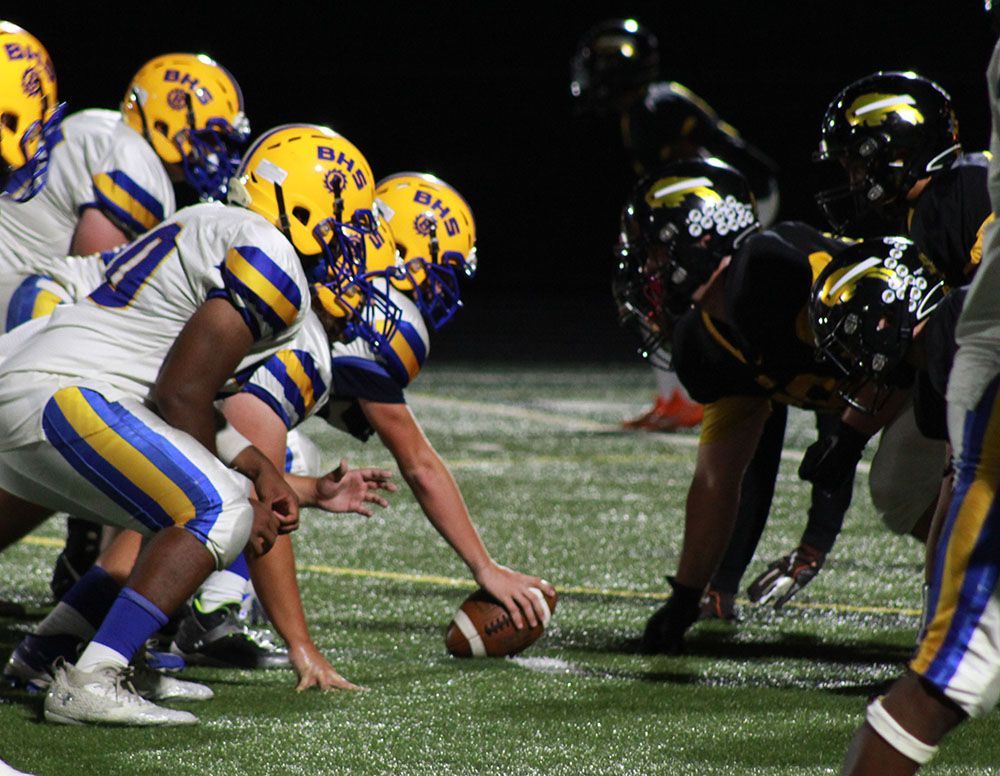


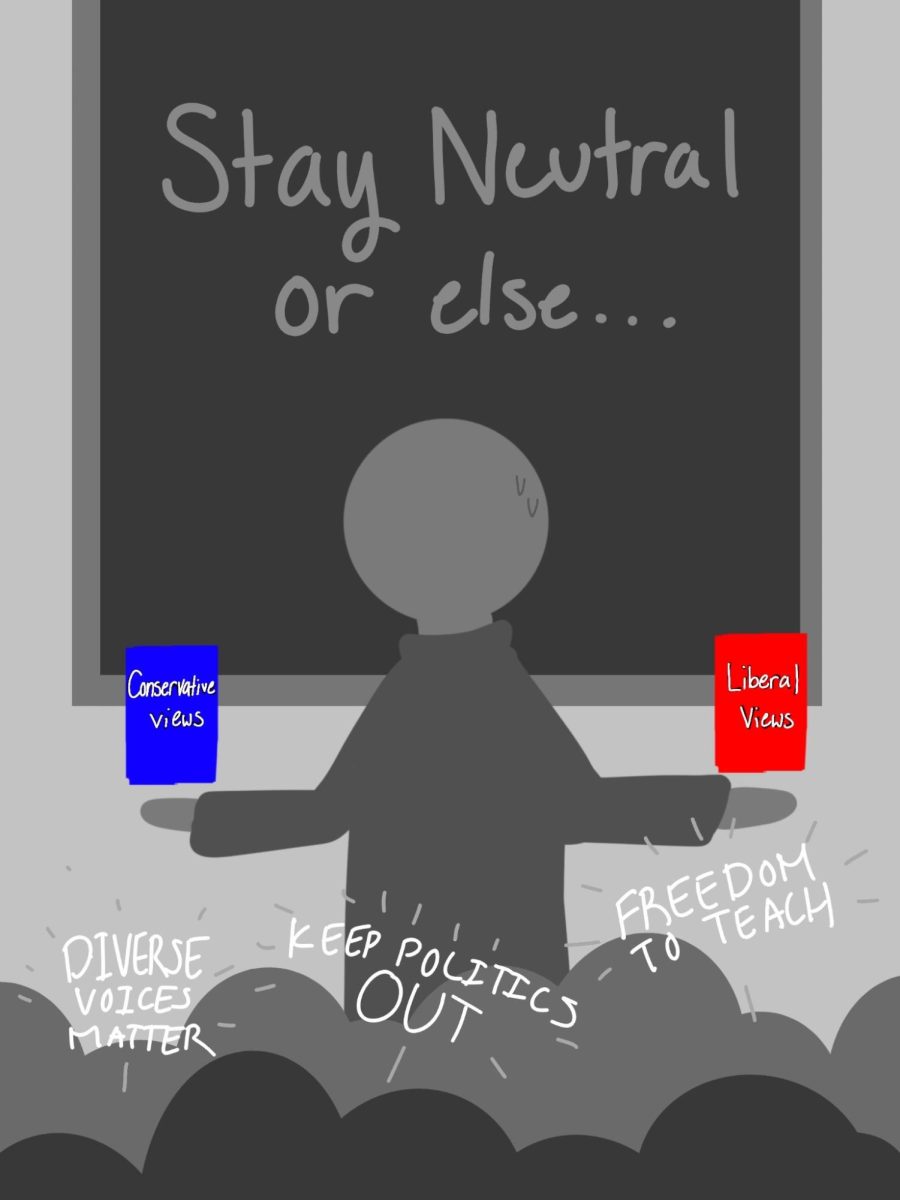
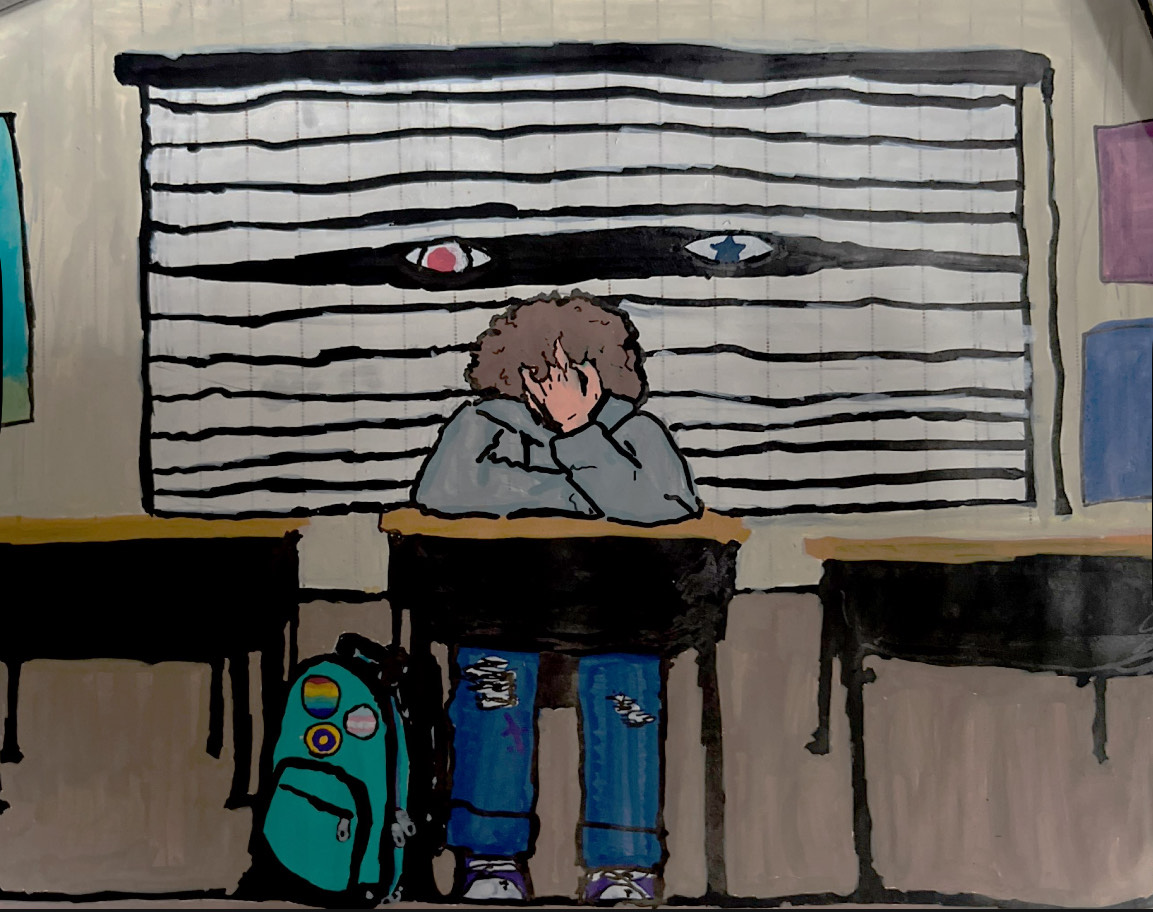



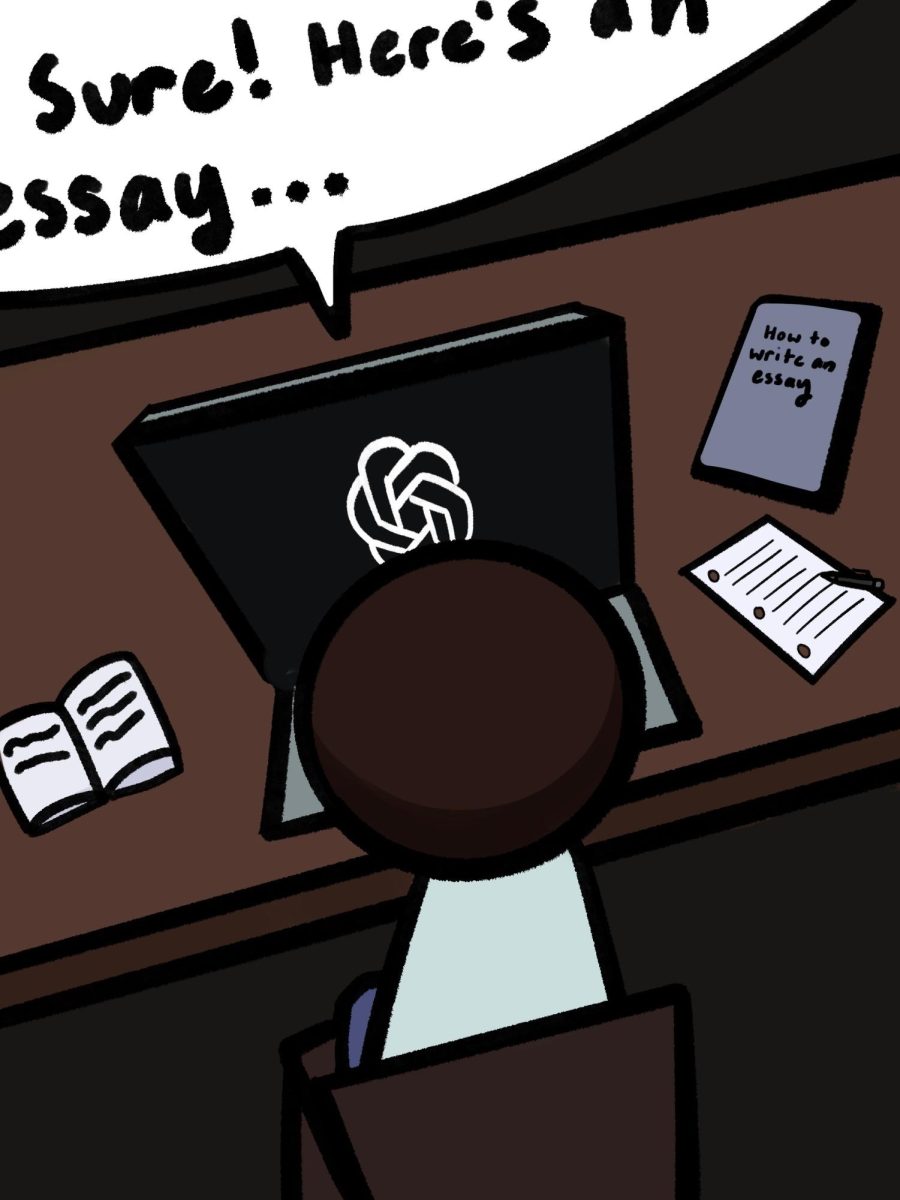
![“My parents have always said that education is important. My parents are Chinese immigrants, I'm Chinese American, [and that's a] value that has always been ingrained in our community,” said Senior Lyndia Zheng, pictured with Tony Zheng](https://bcomber.org/wp-content/uploads/2025/10/DSC_4244.jpg)


